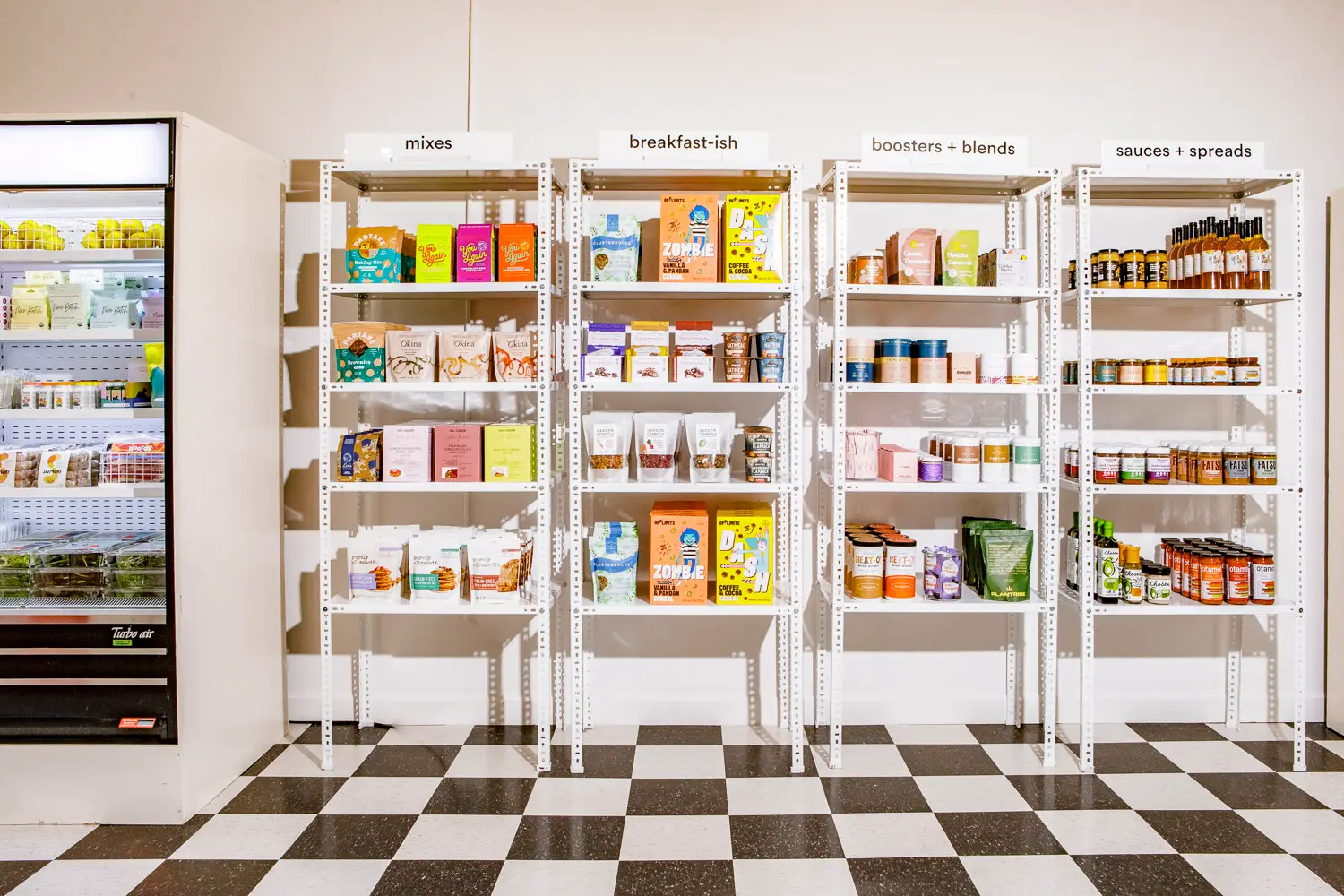As we near the end of 2024, a familiar phenomenon begins to emerge: the flood of trend lists for the coming year. It’s as if we’re receiving a set of predictions, a kind of Nostradamus for consumption. But here’s the catch—just because something is labeled a “trend” doesn’t guarantee it will lead to success for your product or business.
To truly understand the market, the consumer, and their needs, one must adopt a broader, more nuanced perspective. The concept of “trend” goes far beyond the latest viral sensation or social media challenge. Trends are shaped by external forces: demographic shifts, economic landscapes, sociocultural dynamics, and environmental factors, among others. These elements combine to influence consumer behavior in a way that is specific to the context of each region, each market, and each individual.
In the food and beverage industry, this complexity intensifies. Trends in this sector aren’t just about physiological needs, emotional connections, or socio-economic realities—they also engage the senses. For humans, eating and drinking are not merely about satisfying hunger; they are sources of pleasure. The choices consumers make regarding food and beverages are, consciously or unconsciously, influenced by this sensory dimension.
Given this, the landscape of trends is more like a Rubik’s Cube—each shift impacts the whole. To reduce it to a simple list of predictions would be superficial and irresponsible. Trend forecasting requires depth, and that’s where critical thinking comes in. Trends are real, but turning them into viable products or services demands more than just replication. It’s about understanding who your consumer is, what their pain points are, and how their unique needs can be addressed.
Take, for instance, the growing trend of reduced alcohol consumption. In response, the industry has seen the rise of zero-alcohol beverages—a movement that has gained traction in several countries, including Brazil.
Now, let’s imagine your company produces a low-cost alcoholic beverage, sold in two-liter plastic bottles meant for sharing. Your core customers are distributors connected to events and festivals where alcohol consumption is a key part of the experience—think young adults celebrating their high school graduation in Porto Seguro, on “Passarela do Álcool.” Does it make sense for your brand to introduce a zero-alcohol version of your drink to this audience? What percentage of this group would embrace the change? And what is the risk that such a launch could fail to resonate with your core consumer?
The key to success here lies in a combination of trend analysis, thoughtful consideration, and understanding your unique market context.
As we like to say: (Trend + Critical Thinking) × Context = Greater Chances of Success
This is where we come in. As researchers and consultants, our role is to guide businesses through this intricate process.
I’m Lígia Moraes, the founder of Fair Food Consulting, where we assist food and beverage entrepreneurs in navigating the innovation and product launch process. With a background as a Food Scientist from USP (University of São Paulo), a post-graduate degree from ESPM (Superior School of Advertising and Marketing), and certification as a Sommelier from EAS (Escuela Argentina de Sommeliers), my passion lies in interpreting the human behavior that drives food and drink choices. After all, eating and drinking go far beyond being mere transactions; they are experiences that reflect deeper cultural and personal values.
At Fair Food Consulting, we understand that the table—the humble piece of furniture—is more than just a setting for a meal. It’s a symbol of life’s stages. From the surgical table at birth to the high chair for baby food, from student desks to family dinners, the table is where we gather to share experiences. It’s where business deals are made, conflicts resolved, and memories created.
This is the table of ideas we offer at Fair Food Consulting. We invite you to join us, to build your food and beverage project, and make it the next product that will be enjoyed at tables around the world.
Fair Food Consulting: From ideation table to consumers table.

